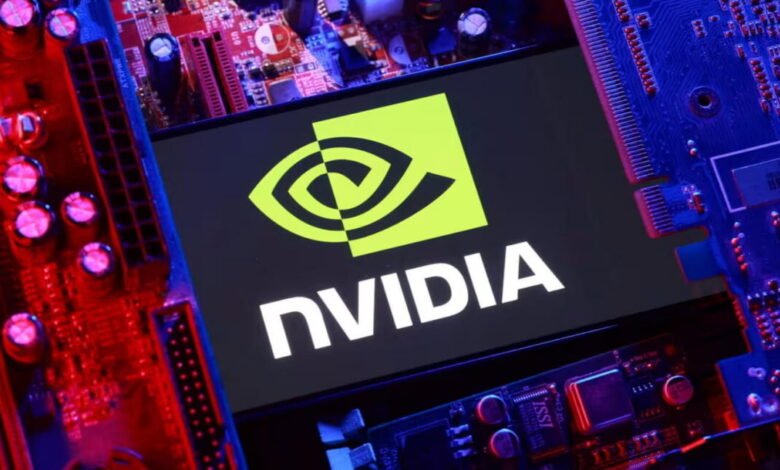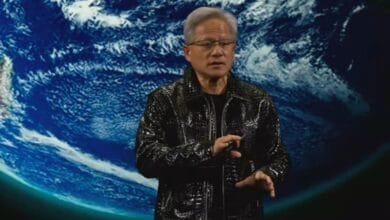China Halts Nvidia AI Chip Sales Amid Tech Tensions

▼ Summary
– China’s internet regulator has banned major tech companies from buying Nvidia’s AI chips to boost domestic industry and compete with the US.
– The Cyberspace Administration of China ordered companies including ByteDance and Alibaba to stop testing and ordering Nvidia’s RTX Pro 6000D chips.
– Several companies had planned to order tens of thousands of these chips and had begun testing with Nvidia’s suppliers before halting work.
– The ban extends beyond previous restrictions and follows regulators’ conclusion that domestic chips now match Nvidia’s performance in China.
– Nvidia’s CEO acknowledged market challenges due to US-China tensions while expressing understanding of the broader geopolitical agendas.
China’s internet regulator has taken decisive action to restrict major domestic technology firms from purchasing Nvidia’s artificial intelligence processors. This move represents a significant escalation in Beijing’s strategy to strengthen its homegrown semiconductor capabilities and reduce dependency on foreign technology amid ongoing global tech competition.
The Cyberspace Administration of China issued directives this week to prominent corporations including ByteDance and Alibaba, instructing them to immediately cease testing and cancel pending orders for Nvidia’s RTX Pro 6000D model. This specialized chip was specifically engineered by Nvidia for the Chinese market in response to earlier export restrictions. Multiple industry sources confirmed that several companies had planned substantial purchases totaling tens of thousands of units and had already initiated compatibility testing with Nvidia’s server partners before receiving the government mandate.
This prohibition extends beyond previous regulatory measures that primarily targeted Nvidia’s H20 AI chip, another China-specific product. The expanded restrictions follow assessments by Chinese authorities that domestic semiconductor manufacturers have achieved performance levels comparable to Nvidia’s offerings available in the Chinese market. This technological progress has enabled regulators to implement more comprehensive import limitations.
Nvidia’s Chief Executive Jensen Huang addressed the situation during his visit to London, noting his anticipated discussion with US leadership regarding the chipmaker’s future operations in China. Huang expressed understanding of the broader geopolitical dynamics, acknowledging that market access ultimately depends on governmental policies between the two nations. He emphasized the company’s patient approach while recognizing the complex strategic considerations involved.
Beijing’s latest intervention forms part of a concerted effort to accelerate the development of China’s semiconductor industry and diminish reliance on American technology. By compelling domestic tech giants to transition to local alternatives, authorities aim to bolster national capabilities in the critical field of artificial intelligence and enhance China’s competitive position in the global technology landscape.
(Source: Ars Technica)





